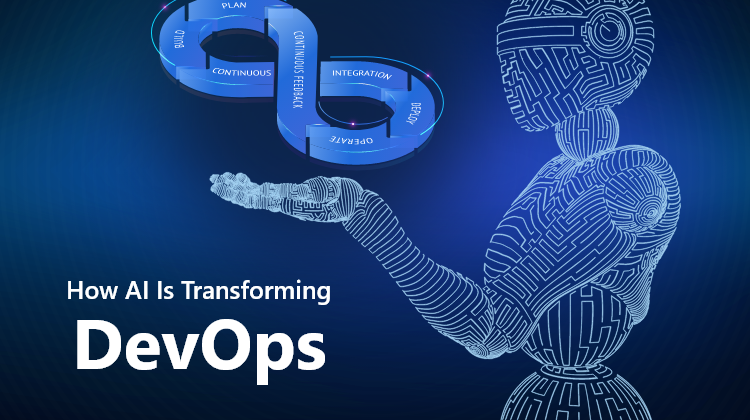The software development industry in 2025 is being redefined by AI-powered DevOps tools. These tools are enhancing automation, improving collaboration, and accelerating delivery pipelines like never before. For businesses looking to stay ahead, partnering with a Software Design Company Bangalore can help you implement the right AI tools for seamless innovation.
Let’s look at the top AI DevOps tools leading the charge this year.
Why AI in DevOps?
AI enables DevOps teams to automate repetitive tasks, detect anomalies, predict failures, and improve code quality at scale. In 2025, the integration of machine learning and advanced analytics is no longer optional—it's the cornerstone of high-performance software pipelines.
1. GitHub Copilot for DevOps
While known for helping developers write code faster, GitHub Copilot now integrates into CI/CD workflows, suggesting config scripts and automating infrastructure code setup.
Key Features:
- Code snippet generation
- YAML suggestions for CI tools
- Deployment script auto-creation
2. Harness.io
Harness uses AI/ML to automate and optimize deployment processes. It enables intelligent rollbacks, failure detection, and performance monitoring.
Why it’s top-rated:
- Continuous verification using machine learning
- AI-driven canary and blue-green deployments
- Cost optimization insights for cloud usage
3. Datadog APM with AI
Datadog’s AI-powered monitoring helps teams predict failures before they affect users. Its anomaly detection and real-time alerts provide proactive issue resolution.
Best For:
- Scalable observability
- AI-driven root cause analysis
- End-to-end application monitoring
4. Jenkins X with AI Enhancements
Jenkins X builds on Jenkins' legacy with container-native DevOps and AI-based performance metrics to recommend pipeline improvements.
Highlights:
- Smart pipeline configuration
- Kubernetes integration
- AI-based build failure analysis
5. Splunk AIOps
Splunk is transforming from just a log aggregator into an AI powerhouse. Its AIOps suite predicts outages and helps reduce mean time to resolution (MTTR).
What’s New:
- Predictive alerts
- Automated incident triage
- Infrastructure health scoring
6. Ansible Lightspeed
Red Hat’s Ansible Lightspeed uses IBM Watson Code Assistant to create accurate playbooks using natural language input.
Key Benefits:
- Speeding up automation script writing
- Learning from user intent
- Reducing configuration errors
7. CloudBees CI with AI
CloudBees, built for enterprise DevOps, now leverages AI for smarter release orchestration, testing prioritization, and anomaly detection.
Ideal For:
- Complex multi-cloud pipelines
- Auto-scaling with predictive modeling
- Quality gates powered by ML
How to Choose the Right Tool
Choosing the right AI DevOps tool depends on your:
- Team Size: Smaller teams may benefit from simplified tools like GitHub Copilot, while enterprises can explore full-scale platforms like CloudBees.
- Project Complexity: Tools with advanced ML algorithms are better for microservices and cloud-native applications.
- Cloud Environment: Make sure your tool integrates well with AWS, GCP, or Azure.
Working with a good Software Design Company ensures you choose, customize, and scale these tools for maximum efficiency.
The Future of DevOps: Self-Healing Systems
In 2025, the dream of self-healing applications is closer than ever. AI can now auto-resolve certain deployment issues, reroute failing services, and even propose security patches.
As these tools evolve, companies that adopt early will have a competitive edge in speed, stability, and security.
Final Thoughts
AI DevOps tools are not just helpful—they’re game-changers. From smarter code generation to predictive maintenance and intelligent deployments, they’re transforming how software gets built, tested, and delivered.
For businesses aiming to scale smart, partnering with a trusted Software Design Company Bangalore gives you the edge to implement these innovations effectively and securely.




Top comments (3)
Self-healing apps Italian Brainrot Clicker are no longer sci-fi — they’re shaping the future of DevOps. Early adopters stand to gain big in uptime, agility, and resilience.
great__
The way you presented complex information so simply is remarkable as poor bunny. Your perspective on this topic is both unique and enlightening.
Some comments may only be visible to logged-in visitors. Sign in to view all comments.